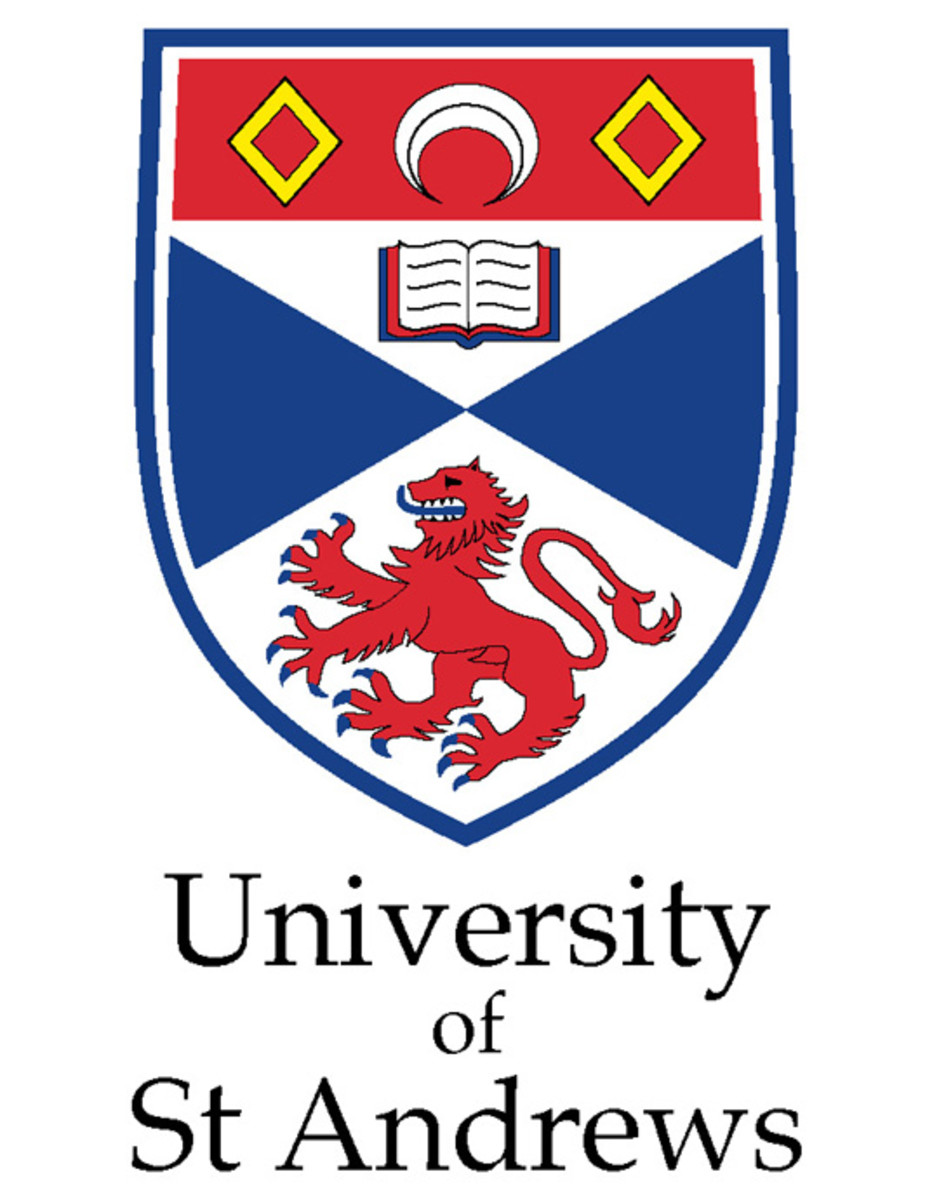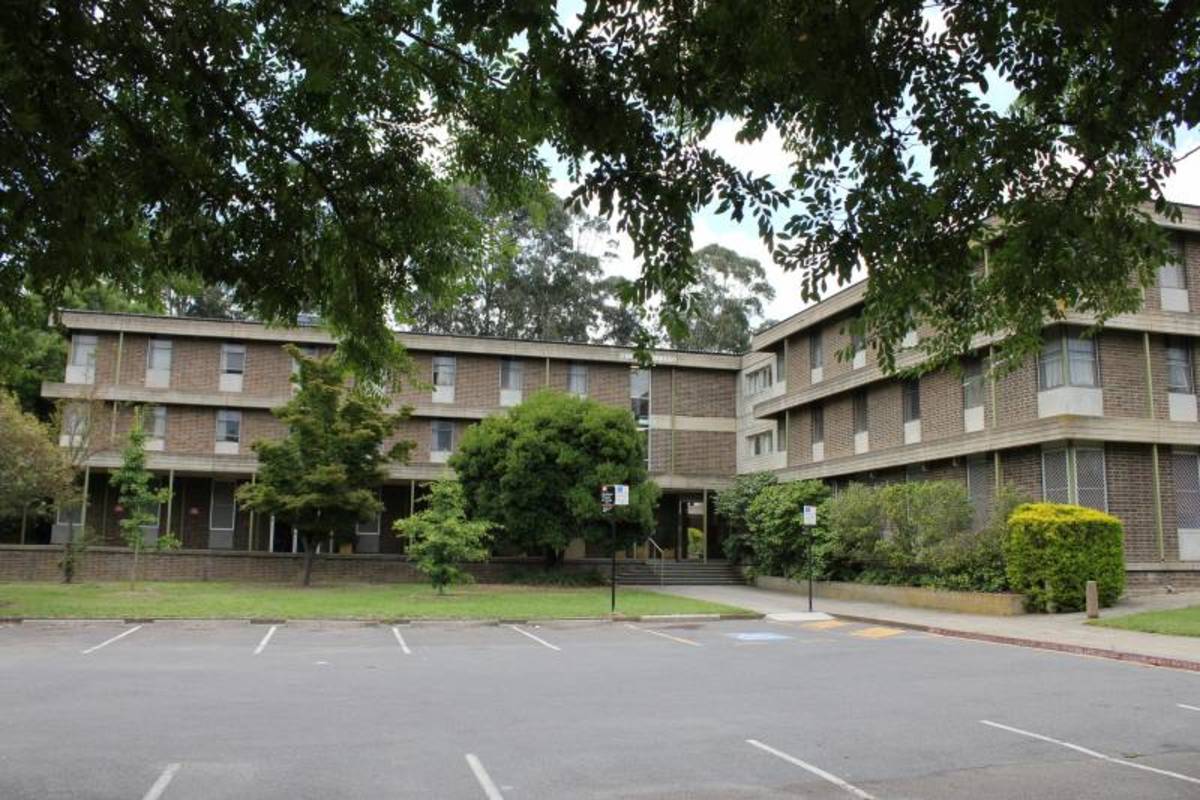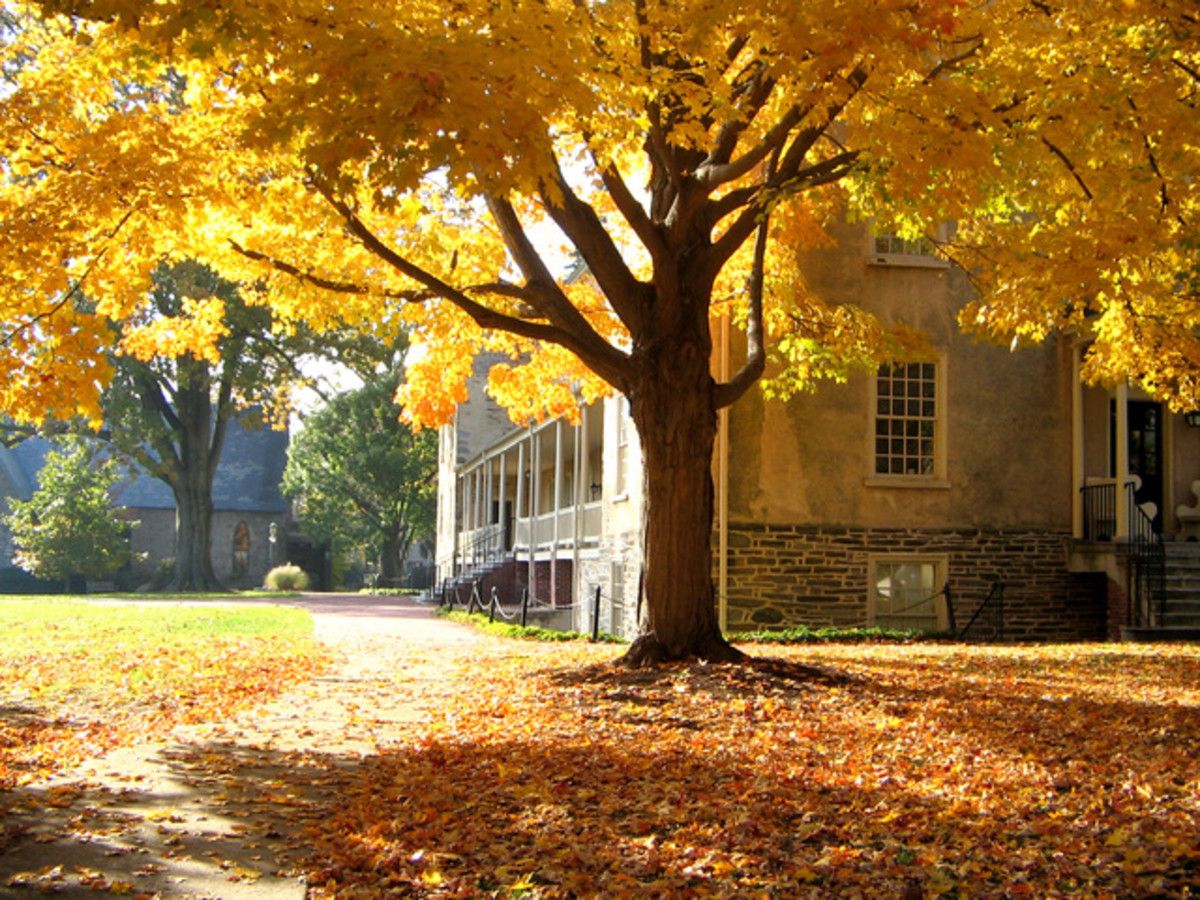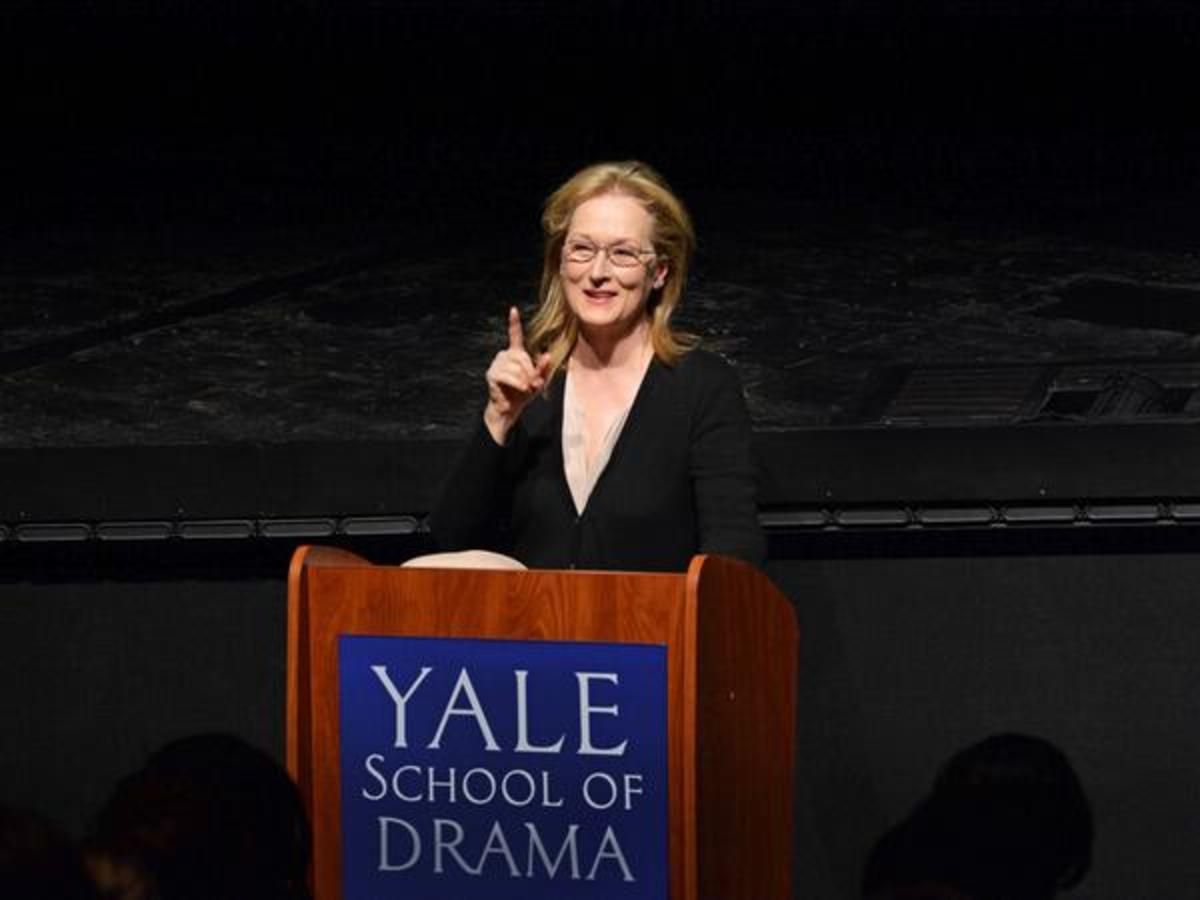Top 10 Universities in South Korea
Beautiful Korean University Campuses
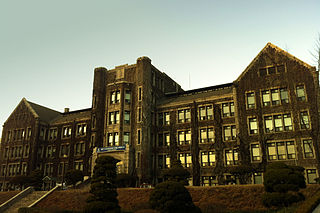
2012 Top 10 Korean Universities
Korea is The Land of the Morning Calm, but a much more fitting nickname would be Land of 10,000 Universities. Actually, that may be an underestimate. Even the smallest cities have at least one, and large cities have dozens. Seoul alone has just over three dozen "full" universities.
As Korea's profile continues to rise as a center of tech development and the "Korean Wave" of entertainment spreads further around the world, more and more foreigners are considering studying Korean or other subjects, such as business and engineering, in Korea. The problem is choosing a well-regarded university from afar.
Here is a list of the top ten (eleven) universities for 2012. I have used several sources, and there was an overlap of nine schools throughout, although with different spots on the list. I couldn't find any sites which disclosed their exact criteria or methods, although most acknowledged that size, research/publications, scholars, and visibility were factors.
Since the various lists I have drawn this from could not agree on which spot a given school should occupy, this list is in no particular order. The last two universities listed are the ones which were on some lists but not others.
KAIST
Also known as the Korea Advanced Institute of Science and Technology, KAIST has been helping Korean academia improve its reputation for research and science since its formation by the government in 1971. It is currently ranked the 90th university in the world by QS World University Rankings.
KAIST, located in Daejeon, was among the first Korean universities to take a whole-student approach to admissions. Most schools in the nation only consider a prospective student's score on the highly competitive college entrance exam. However, at KAIST, grade point average, letters of recommendation, and other documentation are used to select new students.
Competition is fierce, not only because Korea is a very brand-conscious society and KAIST is a top "brand" university, but also because all students receive a scholarship and doctoral students are exempt from otherwise-compulsory military service.
The university has six main colleges: Business, Culture Science, Engineering, Information Science and Technology, Life Science and Bioengineering, and Natural Science. There is also a College of Interdisciplinary Studies. The College of Business is focused on the business side of engineering.
Seoul National University
Ranked 42nd in the world by QS World University Rankings, Seoul National University puts the S in SKY universities-- the three universities every parent dreams of their child attending. The SKY universities are the Korean equivalent of Ivy League and graduation from one of these three universities opens many doors. One has only to look at the resumes of politicians and business leaders to see just how important a diploma from a SKY university is.
Like KAIST, Seoul National University is not very old, having opened its doors in 1946. However, it was the first national university in Korea and has had a stellar reputation throughout its short history. In contrast to KAIST with six colleges, SNU has sixteen and strives to offer degrees in virtually any subject imaginable.
In keeping with its Ivy League status, SNU has exchange programs with Harvard, Yale, and Stanford Universities, as well as a reciprocal agreement with Harvard Law School so that each accepts credits from the other. In addition to these programs, SNU has numerous exchange programs with universities around the world.
Graduating from SNU virtually guarantees success, so admissions are understandably extraordinarily competitive. Students are admitted by major based on their KSAT score. According to its website, only the top 2.5% have a chance to enrol. However, as evidenced by its worldwide exchange programs, SNU strives for diversity, and currently has over 2,000 international students. So, international students may have an advantage over locals. Plenty of classes are taught in English, too.
Pohang University of Science and Technology
POSTECH, as it is more commonly known, is currently ranked 98th in the world by QS World University Rankings. It is even younger than the previous two universities, having opened its doors in 1987. Modelled after the California Institute of Technology, this university has wasted no time in making a name for itself.
POSTECH has eleven undergraduate departments, all branches of maths and sciences. At the graduate level, there are ten additional departments, enabling students to have very focused post-baccalaureate studies.
Yonsei University
The second of the SKY universities listed here, Yonsei is ranked 129th by QS World University Rankings. Although Yonsei has only officially been open since 1957, it was formed when two older universities merged. In fact, its name is a portmanteau of its forerunners: Yonhi University and Severance Union Medical College.
With Presbyterian roots and ties to the Methodist and Anglican churches, it is the first private university to appear on this list. As such, there is mandatory worship and Christian coursework.
The university has over two dozen colleges in a broad variety of fields in order to offer diverse majors, just as its rival SNU does. Admissions applications by foreigners are considered separately from Korean nationals' and Korean language ability is not a deciding factor. However, once accepted, students much achieve level 5 (of 6) on their Korean Language Test. Additionally, foreign students only become eligible for scholarships after one semester of regular study.
Korea University
The third and oldest of the SKY universities, and Yonsei's biggest rival, Korea University is also private, but nonsectarian. Its social science and business departments are ranked 71st on the QS World University Rankings.
Like the other two SKY universities, KU is considered "comprehensive"-- the university offers a very broad range of majors in over two dozen colleges. It is also as competitive as SNU and Yonsei are, accepting just over 5% of applicants eligible for admissions based on their KSAT scores.
The current president of South Korea, Lee Myung Bak, is a Korea University graduate.
Pusan National University
Also known as Busan National University, using the current Romanization system, PNU was founded in 1946. Like the SKY universities, it is comprehensive, with right at two dozen colleges at the undergraduate level.
PNU also has a separate admissions program for foreigners. There are both academic and need-based scholarships available from the first semester.
Ewha Womans University
Edae, as it is generally known, opened its doors in 1886, began offering tertiary-level education in 1910, and is currently the largest women's university in the world. The use of "Womans" in the name is to create a plural while focusing on the individual (woman+s). It became designated a university in 1945, following Korea's liberation from Japan.
Although it is not a SKY university, graduation from Edae is very close to a guarantee for success. Nearly half of Korea's female ministers and parliamentarians are alums, including Han Myung-Sook, Korea's first female Prime Minister.
Competition for admissions reflects the stature of the university in the nation. The university has eleven undergraduate colleges offering a variety of majors. In 2001, it opened the first undergraduate program taught solely in English in Korea.
Hanyang University
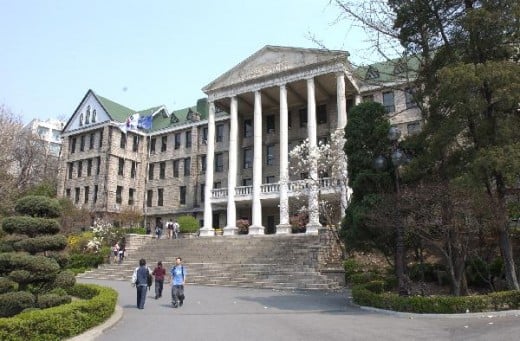
Hanyang University
Although it didn't become a university until 1959, Hanyang's forerunner, Dong-A College of Engineering opened its doors twenty years earlier. With its roots in engineering, it is not surprising that Hanyang graduates were at the forefront of Korea's industrialization in the 1970s. The chairmen and vice-chairmen of many of Korea's chaebols are among Hanyang's alumni.
Today, Hanyang University is considered one of the top in the nation and among the top 400 in the world. The university offers nearly any major imaginable in nearly two dozen colleges. What sets Hanyang apart is its focus on community. In order to serve the community as much as possible, the Hanyang Volunteer Corps (HVC) was founded in 1994.
Sungkyunkwan University
Known as Seongdae or SKKU, Sungkyunkwan University is a private university and part of the Samsung Group. While most Korean universities are well under 100 years old, SKKU was opened as a Confucian school in 1398 and was prominent as a place of higher learning during the Joseon Dynasty.
Today, 18 colleges offer a variety of majors to SKKU students. From its beginnings in Confucian reflection and search for truth, the university has developed into a modern university. Since 2005, with the opening of SAINT nanotechnology has been a research focus.
Chung Ang University
Chung Ang Kindergarten opened in 1918 in affiliation with the Methodist Church. Over the decades, the school has gone through multiple incarnations, including a teacher training college and a women's college. It became a full-fledged university in 1953 and was acquired by Doosan in 2008, making it the second school on this list to be owned by a chaebol.
There are ten undergraduate colleges, but Chung Ang is reknowned for pharmacy, theater, film, design, and liberal arts. Since it is one of the top universities in the nation, fewer than 7% of applicants successfully gain admission each year. However, there is a special enrollment procedure through which several K-pop stars have been admitted, including Luna of f(x), Sooyung and Yuri of Girls Generation, and Seungri of Big Bang. Seungri quickly dropped out after being put on academic probation.
Two Members of Girls Generation Attend Chung Ang University
Kyungpook National University
Also called Kyungdae, Kyungpook National University is located in the city of Daegu, and is a top three national university (along with Seoul National University and Pusan National University). Kyungdae was established in 1946 as one of the first ten national universities.
Legendary former president, Park Chung Hee graduated from Kyungpook National University. While he is credited with the industrialization of Korea, he became president as a result of a coup in 1961 and ruled the nation with an iron fist until his assassination sixteen years later.

